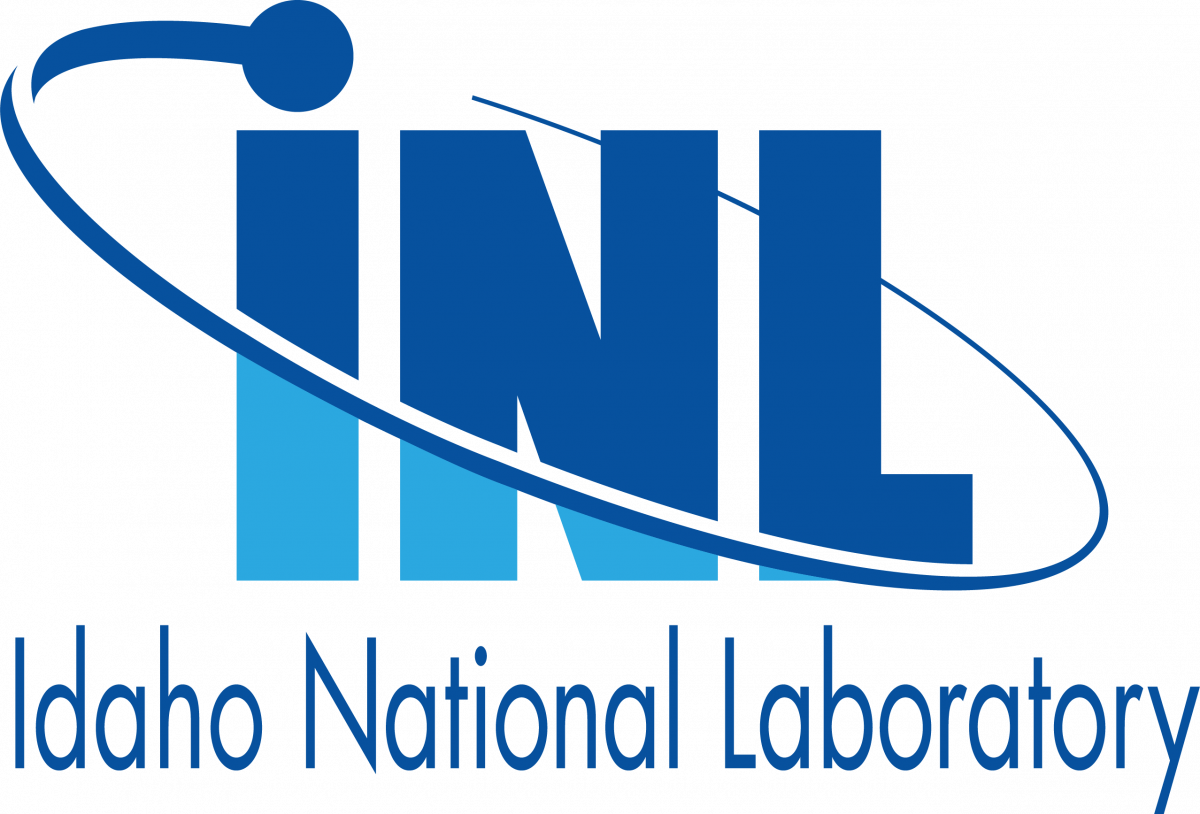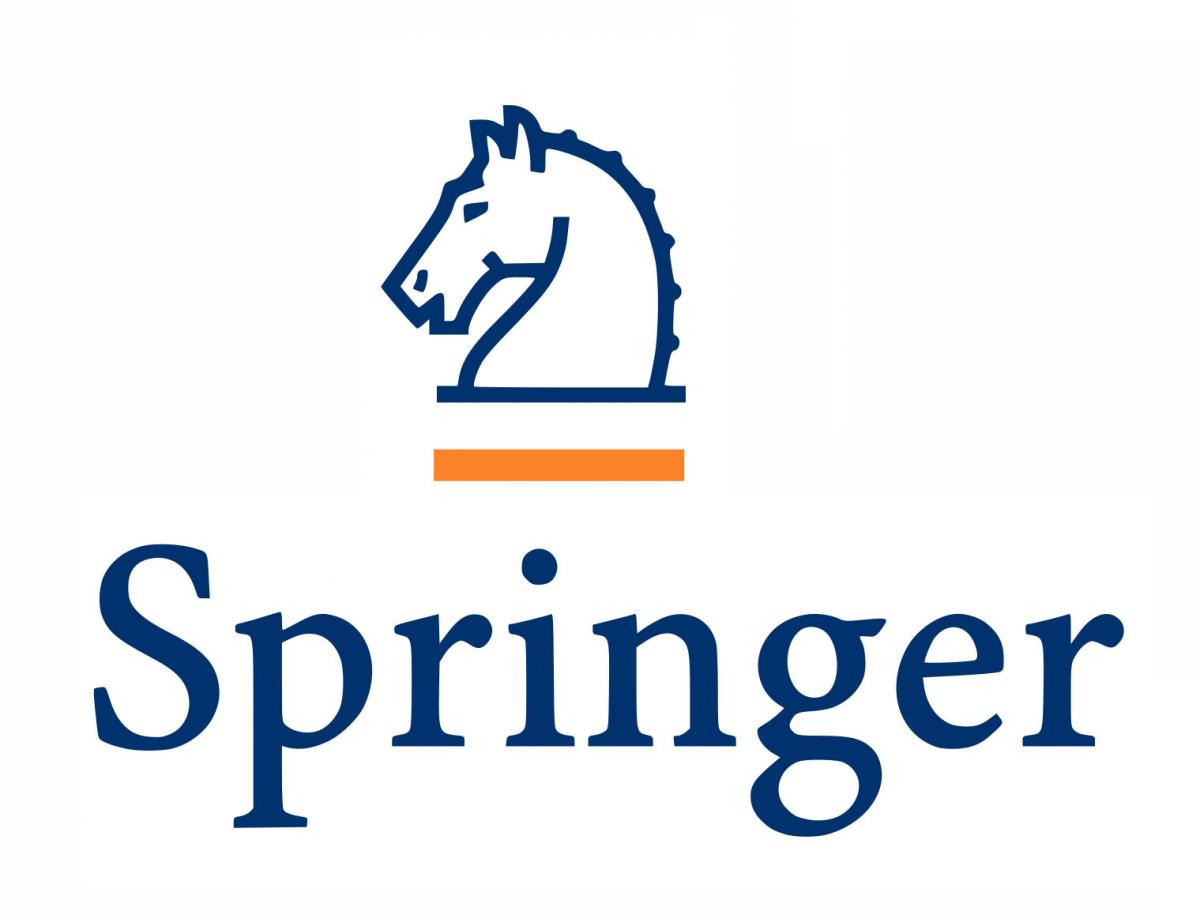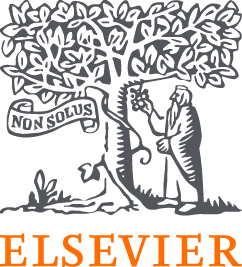Guillermo Lorenzo, University of Pavia
Ryan Woodall, City of Hope
David A. Hormuth II, The University of Texas at Austin
Michael R. A. Abdelmalik, Eindhoven University of Technology
Russell C. Rockne, City of Hope
Alessandro Reali, University of Pavia
Thomas E. Yankeelov, The University of Texas at Austin
Thomas J. R. Hughes, The University of Texas at Austin
Cancers are highly heterogeneous diseases that involve diverse biological mechanisms, interacting and evolving at various spatial and temporal scales. Multiple experimental, histopathological, clinical, and imaging methods provide a means to characterize the heterogeneous and multiscale nature of these diseases by providing a wealth of temporally and spatially resolved data describing tumor morphology, architecture, cellular subtypes, genetic profile, metabolism, vascularity, growth dynamics, and response to therapy. These multimodal, multiscale datasets can be exploited to constrain biophysical models of tumor growth and treatment response both in preclinical and clinical settings. These models can then be leveraged to test hypotheses, produce individualized tumor forecasts to guide clinical decision-making, and, ultimately, to design optimized therapies. To this end, robust computational methodologies are required for solving, parameterizing, and finding optimal therapeutic plans for individual patients. Additionally, uncertainty quantification and model selection strategies are fundamental to assessing model performance, establishing confidence in model outcomes, and selecting the best model formulation given the inherent uncertainty in both data and models. Moreover, the combination of mechanistic models and machine learning may provide superior computational forecasts while enabling the integration of multimodal, multiscale data within a common modeling framework.
Thus, the overall goal of this minisymposium is to provide a forum to present and discuss recent developments in data-informed computational models and methods for predicting tumor growth and treatment response, with special focus on the following research areas:
- development of data-informed mechanistic models to investigate cancer development and therapeutic response both in vitro and in vivo
- computational methods to initialize, solve, and parameterize these models on a personalized basis
- clinical and preclinical studies leveraging these data-informed computational models to assess real-world applications in cancer research and oncology
- patient-specific optimization of treatments using data-informed mechanistic models
- uncertainty quantification and model selection methods
- hybrid strategies combining mechanistic modeling and machine learning
- digital twinning in clinical oncology











